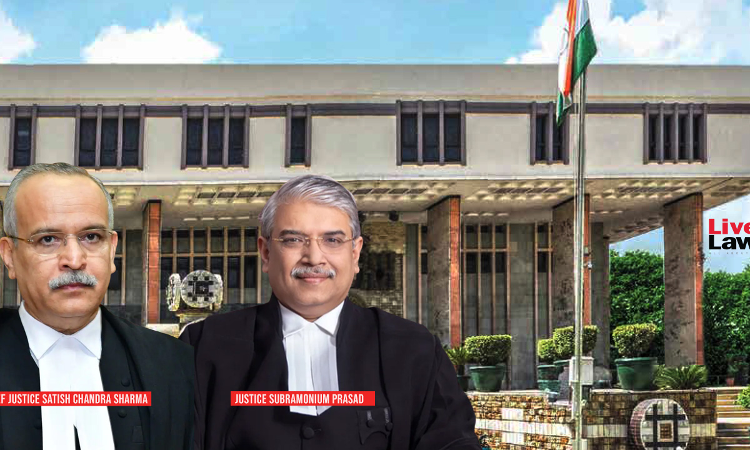Avoidance Applications Survive CIRP, Can Be Heard After Approval Of Resolution Plan: Delhi High Court
Pallavi Mishra
17 Jan 2023 10:00 AM IST

Next Story
17 Jan 2023 10:00 AM IST
The Delhi High Court Bench comprising of the Chief Justice Satish Chandra Sharma and Justice Subramonium Prasad, while adjudicating an appeal filed in Tata Steel BSL Limited v Venus Recruiter Pvt. Ltd. & Ors., has held that that avoidance applications filed under IBC survive even after approval of the resolution plan, in cases where Resolution Plans are unable to account for...
